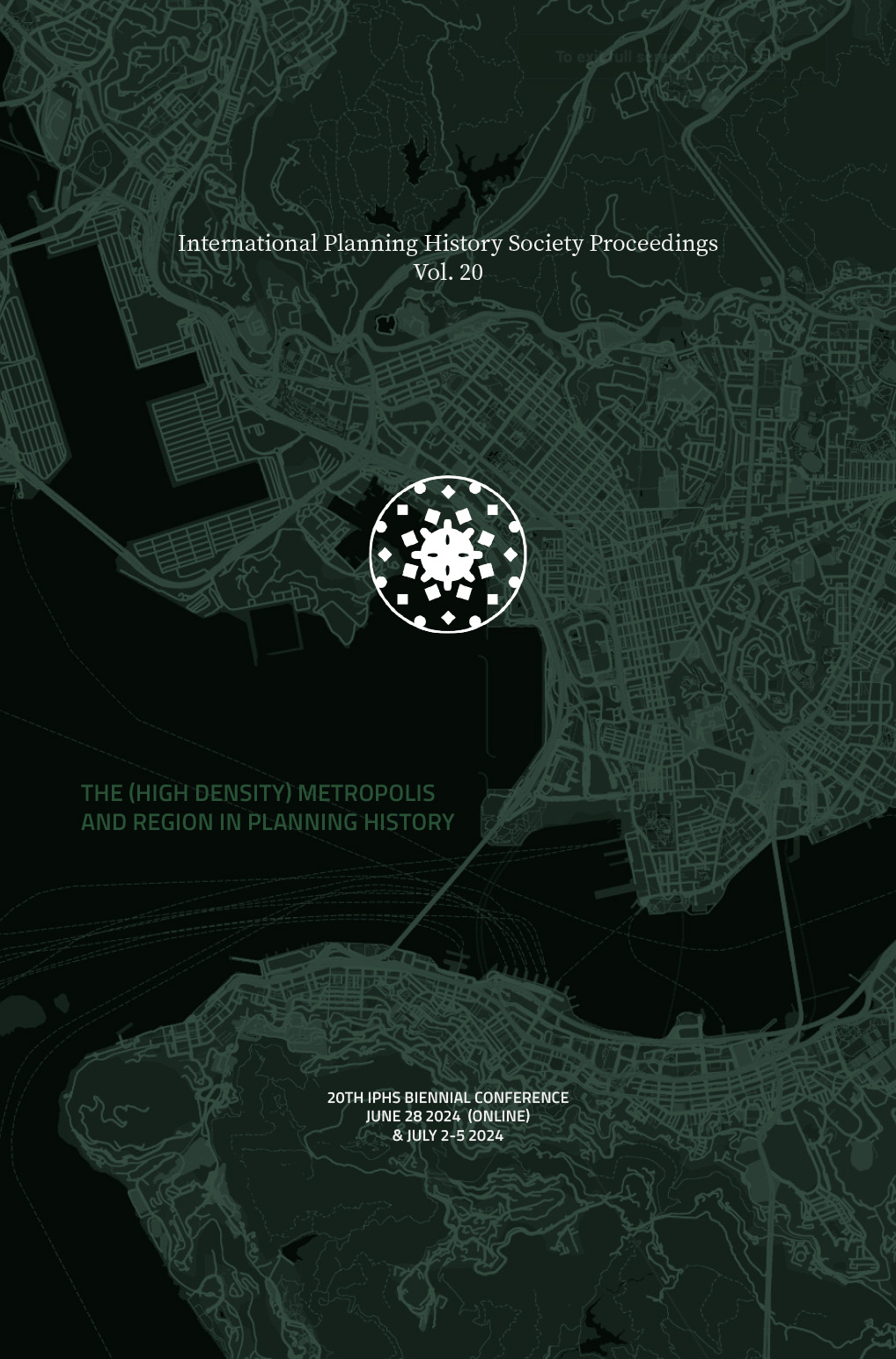From Capital to Metropolis: Urbanization and the Transformation of Market Spaces in Late Ming Nanjing
DOI:
https://doi.org/10.7480/iphs.2024.1.7649Abstract
The transformation of Nanjing from a political capital to an economic and cultural center in the 14th and 16-17th centuries is well recognized. However, there has been limited focus on the changes in market spaces that were closely linked to urbanization and economic activities during this period. This article first examines the historical development of markets in Nanjing before the Ming Dynasty, analyzing the characteristics of market formation under the influence of urban layout. It then delves into the markets under state management and construction in the early Ming Dynasty, highlighting that the distribution and form of early Ming street markets were consistent with the government's political intentions. Finally, it explores how urbanization in the later Ming Dynasty led to the reorganization of market spaces, reshaping the cityscape of street markets and infusing them with greater urban significance.
Downloads
Published
How to Cite
Issue
Section
License
Copyright (c) 2024 Wantian Yang

This work is licensed under a Creative Commons Attribution 4.0 International License.

